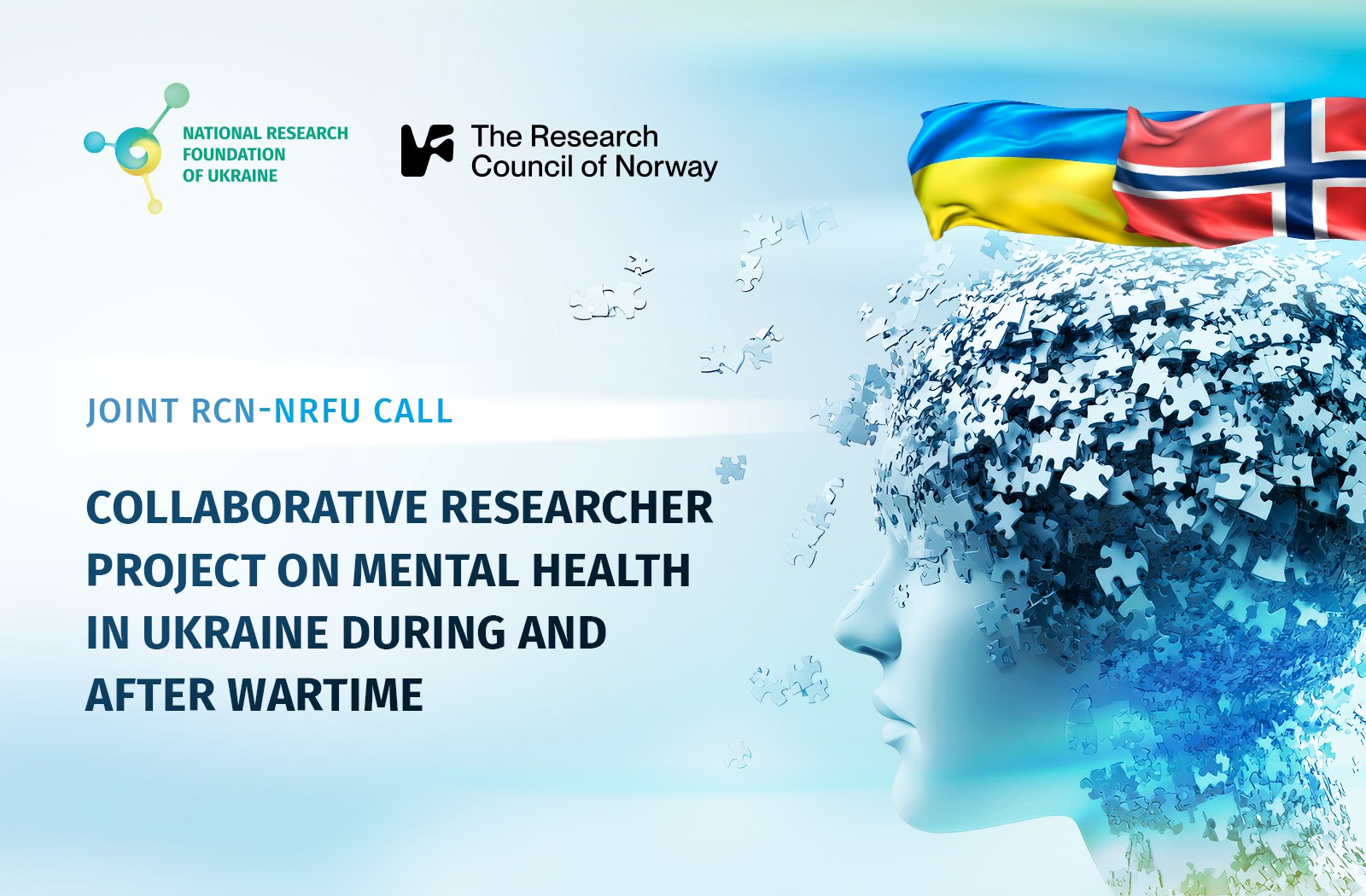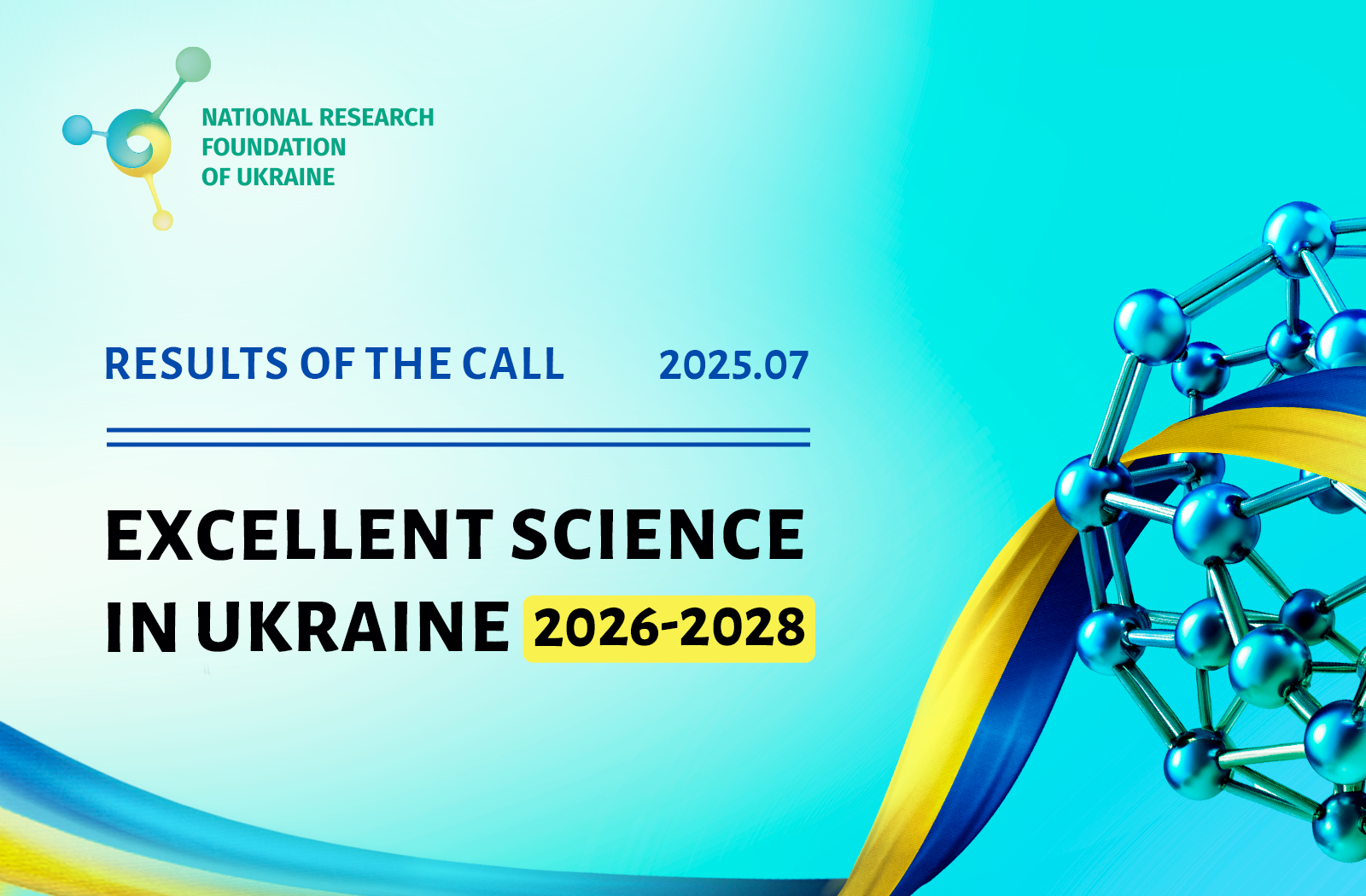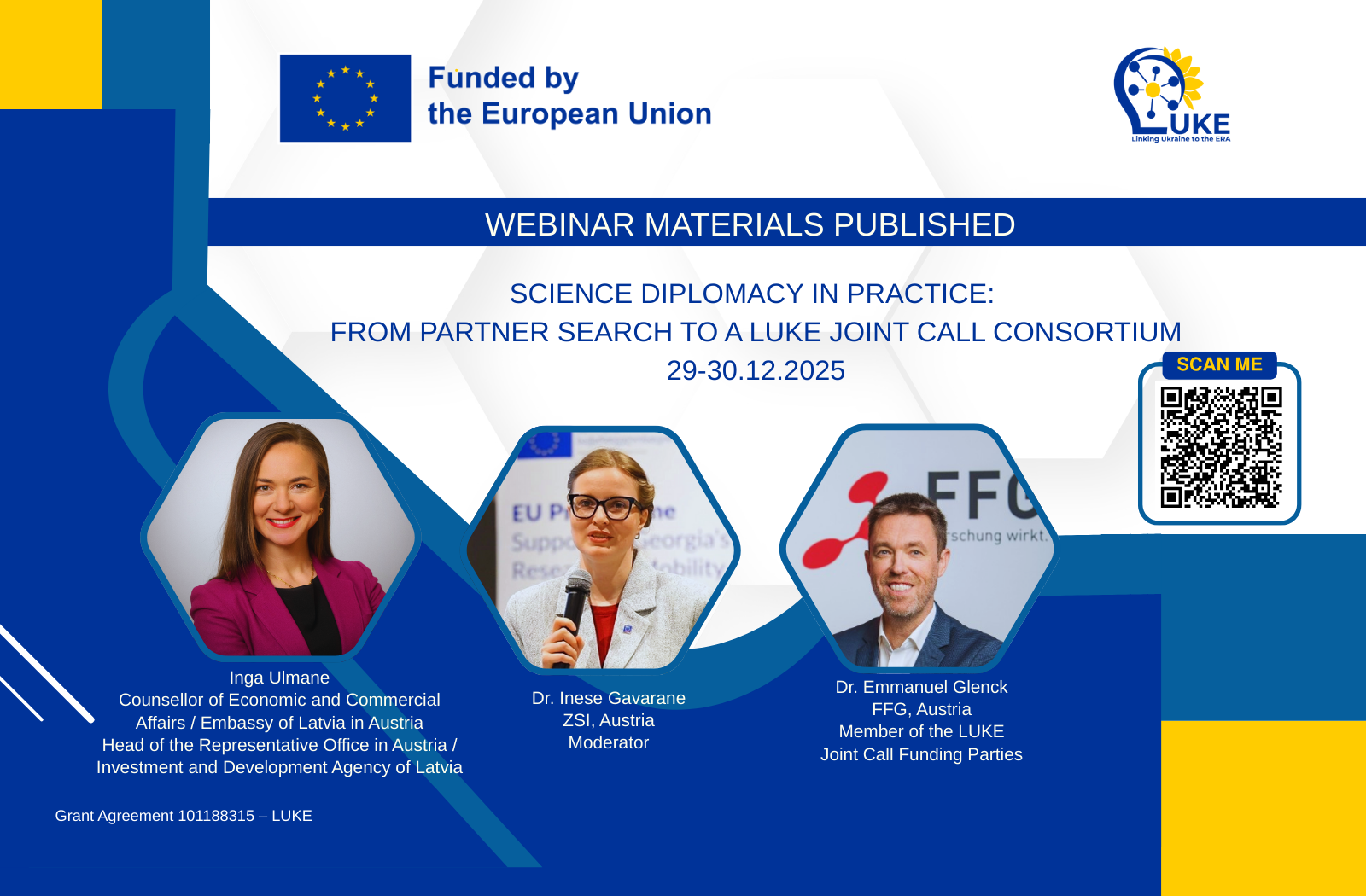For three years, the enemy has been attacking energy infrastructure facilities, hoping to leave our country’s economy without electricity and civilians without light, heat, water, and communication. Although more than 70 percent of Ukraine’s energy generation facilities have been destroyed, damaged or seized, Ukrainian power engineers are finding new solutions to ensure the system’s uninterrupted operation. Researchers are also looking for ways to improve the stability of the energy system. In particular, researchers at Karpenko Physico-Mechanical Institute of the NAS of Ukraine have implemented the project “Development of the methodology for assessing the serviceability of existing gas pipelines to improve the operational stability of the energy system of Ukraine under green hydrogen transportation” at the expense of grant funding from the National Research Foundation of Ukraine.
We asked Professor Olha Zvirko, the PI of the project, head of the Department of Diagnostics of Materials Corrosion-Hydrogen Degradation, corresponding member of the NAS of Ukraine, what is the research all about?
The researcher explained that one of the most important tasks for Ukraine’s security is to ensure the stability of the energy system. To ensure this stability, it is necessary to radically modernize the country’s energy system and use modern alternative energy sources. “This modernization is possible, in particular, through the development of green (hydrogen) energy,” stressed the PI.
The development of hydrogen energy is also strategically important for the country’s recovery after the war. The use of hydrogen will help the economy become less dependent on fossil fuels and reduce harmful emissions. In this regard, Ukraine is a strategic partner of the EU, in particular, in such initiatives as the EU Hydrogen Strategy and the Central European Hydrogen Corridor (CEHC), whose global goal is to replace fossil fuels with hydrogen. In addition, Ukraine has clear commitments to decarbonize the economy (the EU plan).
The use of existing gas pipelines for hydrogen transportation is in line with the strategic conditions for Ukraine’s integration into the EU. This possibility has been discussed at the state level for several years. “If we can replace the transportation of natural gas with hydrogen, we will save time and money, because we will not need to build new pipelines,” the Professor continued. “Modernizing existing gas pipelines is much cheaper than building new ones.”
But, of course, before starting the modernization, it is necessary to assess whether the pipeline is suitable for hydrogen transportation. After all, it was designed for other purposes. In addition, according to the PI Olha Zvirko, a significant number of gas pipelines have already exhausted their standard service life, and old metal is more sensitive to hydrogen. That is why the researchers set out to assess the serviceability of existing domestic gas pipeline steels for hydrogen transportation and to find out what changes are needed to ensure that the gas pipeline operates safely and efficiently. In particular, in the difficult climatic conditions of pipelines operation in the Carpathian region with crossings over obstacles.
What results did the project group get?
“We have studied the interaction of hydrogen with pipe steels – both in the state of supply and operation,” told the PI. “We have analyzed changes in microstructure, mechanical behavior, corrosion resistance, and resistance to brittle fracture. With the funds of the NRFU, we purchased a modern complex for electrochemical analysis which helped us determine the impact of hydrogen gas on the behavior of steel in a corrosive environment.”
Based on the results of the research, the project group developed criteria for achieving a critical state of main gas pipeline steels during hydrogen transportation under conditions close to operational ones. They also developed criteria for assessing the serviceability of gas pipelines in terms of indicators sensitive to hydrogen degradation, including fracture toughness and plasticity.
In other words, the researchers have established the conditions under which hydrogen can be safely transported through domestic pipelines. The results of the project can be useful for operators of Ukraine’s main and distribution gas pipeline networks, in particular, for predicting the possibility of transporting green hydrogen or its mixture with natural gas. Using the developed methodology, operators will be able to assess the technical condition and serviceability of the steel.
“We have been cooperating with the GTS (Gas Transmission System) Operator of Ukraine (formerly JSC Ukrtransgaz) for many years and clearly understand where the research results can be applied,” added the PI. “The developed methodology will allow us to assess the possibility of safely transporting hydrogen via the gas transmission system as part of the EU Hydrogen Strategy.”
We also asked the Professor how the war affected the research. What were the challenges? The Professor answered that the biggest challenge was the prolonged blackout caused by damage to Ukraine’s energy system as a result of Russian missile strikes. The researchers tested the steel under prolonged flooding (5-14 days), so they had to look for alternative solutions for continuous power supply.
The project has been implemented by a group consisting of both world-class and early-career researchers. Namely, leading researchers, D.Sc., Prof. Hryhoriy Nykyforchyn, D.Sc. Oleksandr Tsyrulnyk, D.Sc. Halyna Krechkovska, and Senior Researcher, PhD in Technical Sciences Myroslava Hredil, and also early-career researchers: postgraduate students Oleh Venhryniuk and Ivan Tsybailo. “Our team has been working in the field of hydrogen materials science for many years. It is nice that we managed to involve early-career researchers in the project. They will definitely need this important experience,” added Olha Zvirko.
Interviewed by Svitlana GALATA






